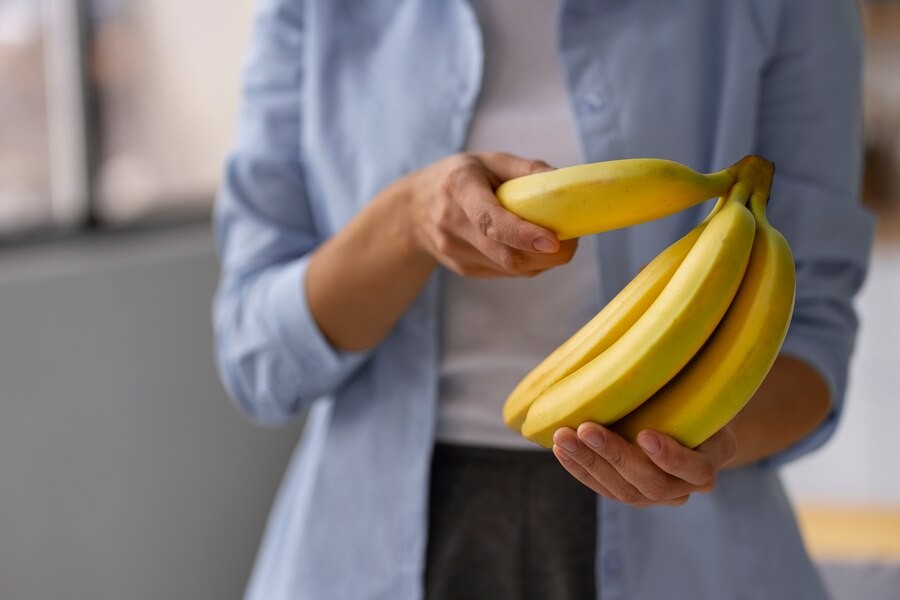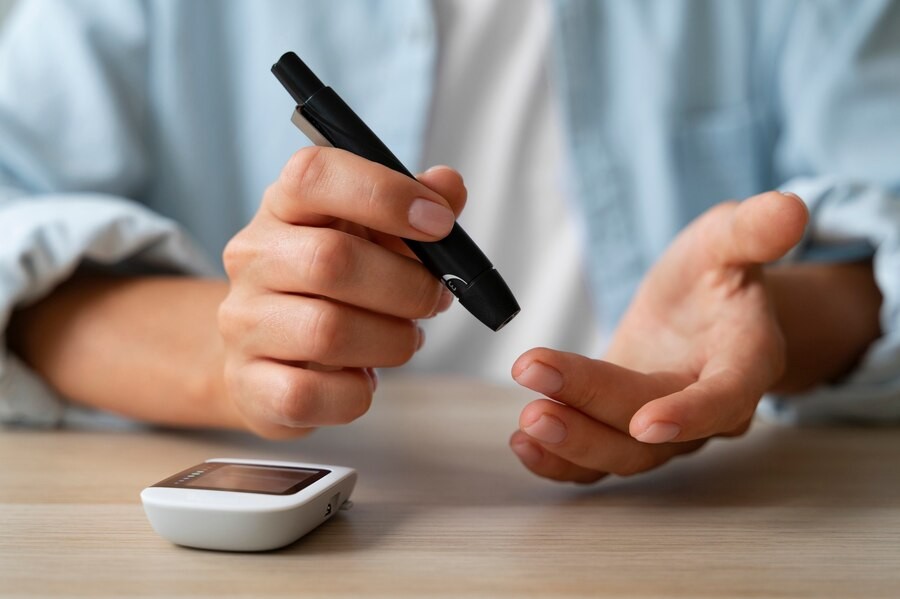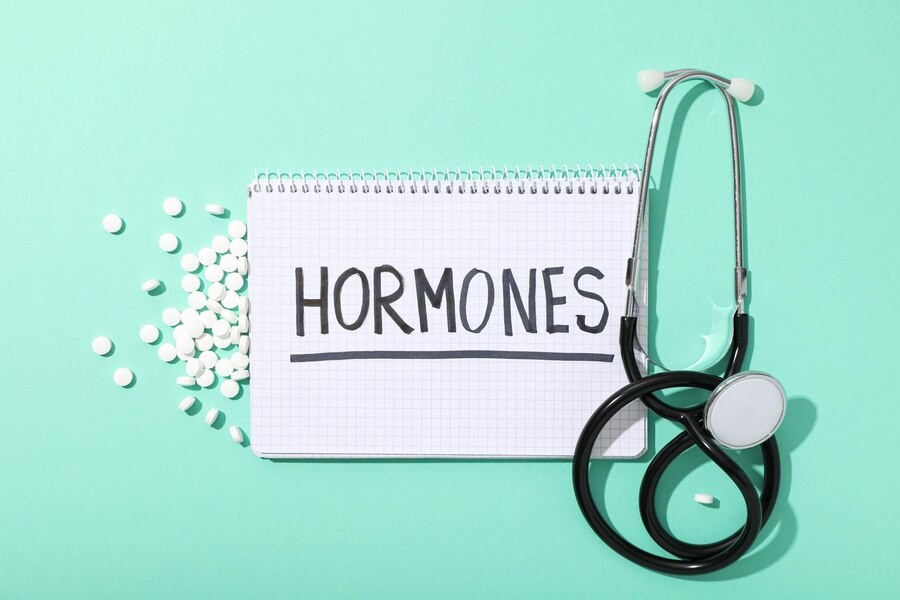Bananas are well-known for their sweet taste and rich nutritional profile. As a fruit that’s easy to find daily, bananas can be a convenient and healthy snack option.
However, individuals with diabetes need to be cautious when consuming bananas. Despite their high content of vitamins, minerals, and fiber, bananas also contain significant amounts of natural sugars and carbohydrates, which can influence blood sugar levels.
How Do Bananas Impact Blood Sugar Levels?
Bananas can affect blood sugar in various ways, potentially causing a rise in blood sugar levels. The factors include:
- Bananas contain natural sugars such as glucose, fructose, and sucrose. Although they have a moderate glycemic index, these sugars can still raise blood sugar.
- As bananas ripen, the starch in the fruit turns into sugar, increasing its sugar content.
- Consuming large portions of bananas may lead to a spike in blood sugar.
- Combining bananas with other carbohydrate-rich foods can accelerate the rise in blood sugar levels.
- Some individuals may experience more pronounced spikes in blood sugar after eating bananas compared to others.
Tips For Safely Eating Bananas
For those with diabetes, it’s essential to make mindful food choices and carefully time meals to avoid sharp spikes or drops in blood sugar. Here are some tips to consider if bananas are part of your fruit snack options:
Opt for Less Ripe Bananas
Overripe bananas contain higher sugar levels than bananas that are still slightly green. The riper the banana, the sweeter it becomes, as its starch has converted into sugar, which can spike blood sugar, especially when consumed in large amounts.
People with diabetes are encouraged to choose bananas that are not fully ripe, as these have a lower glycemic index and are less likely to cause blood sugar spikes.
Limit Portion Size
While bananas offer valuable fiber, vitamins, and minerals, those with diabetes should moderate their intake. It’s better to enjoy small portions of bananas as a snack to avoid a significant rise in blood sugar.
Pair Bananas with Other Foods
Combining bananas with foods high in fiber or protein can help prevent blood sugar spikes. Options such as oats, grains, or nuts slow down sugar absorption into the bloodstream.
You can also pair bananas with protein-rich foods like low-fat yogurt or eggs. This combination can help manage appetite and maintain stable blood sugar levels for a longer duration.
Avoid Eating Bananas on an Empty Stomach
Consuming bananas on an empty stomach can result in a faster increase in blood sugar. It's recommended to eat bananas after a meal or pair them with low-sugar, high-fiber foods to stabilize blood sugar levels.
If you're unsure about including bananas in your diet, consult your doctor for personalized recommendations on fruit choices. Additionally, the Ai Care health consultation app, available on the App Store and Play Store, can provide further guidance.
Want more information on nutrition, food, and dietary advice? Click here!
- dr Hanifa Rahma
Rachael Nall, MSN, CRNA (2023). Can people with diabetes eat bananas?. Available from: https://www.medicalnewstoday.com/articles/319992
Helen West, RD (2024). How Bananas Affect Diabetes and Blood Sugar Levels/ Available from: https://www.medicalnewstoday.com/articles/319992
Adam Meyer (2023). Can People with Diabetes Eat Bananas?. Available from: https://www.eatingwell.com/article/8015106/can-people-with-diabetes-eat-bananas/
Divya Jacob, Pharm. D. Are Bananas Good for Diabetes?. Available from: https://www.medicinenet.com/are_bananas_good_for_diabetes/article.htm
Camille Noe Pagan and Timothy Gower (2024). What Are the Best Fruits for Diabetes?. Available from: https://www.webmd.com/diabetes/fruit-diabetes
Healthline Editorial Team (2020). Diabetes Nutrition Guide: Understanding the Glycemic Index. Available from: https://www.healthline.com/health/type-2-diabetes/fruits-vegetables












